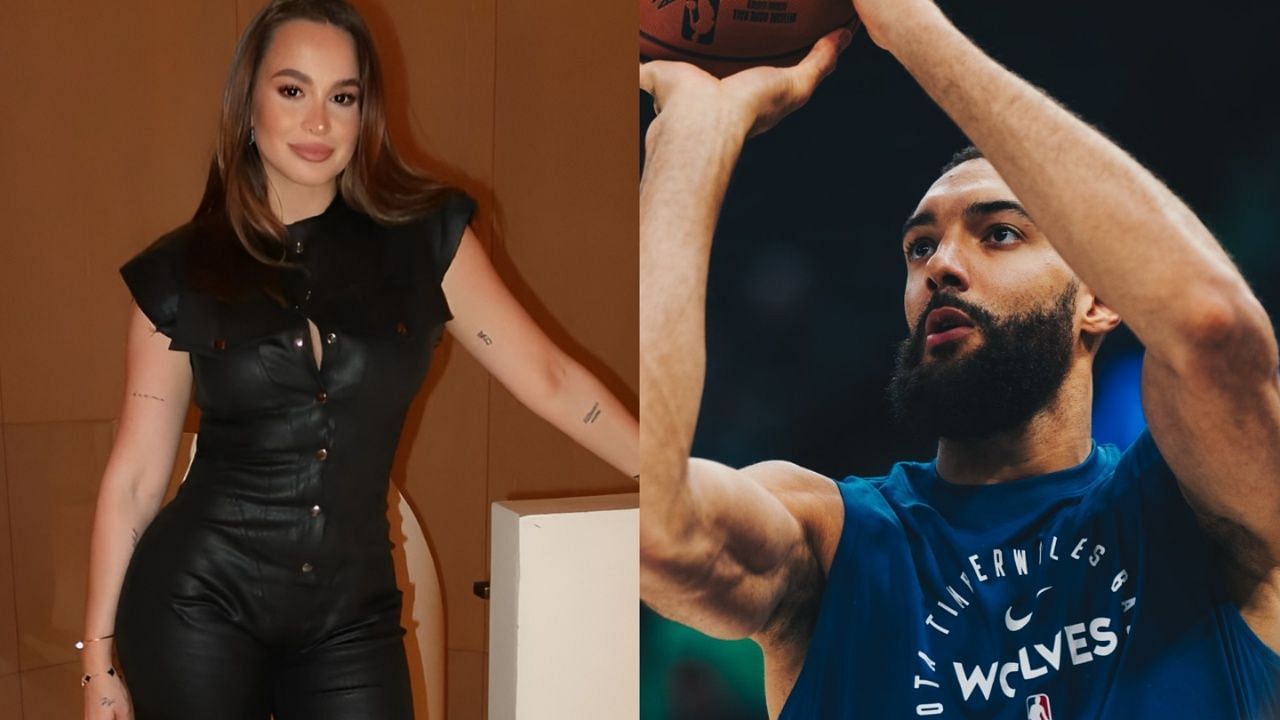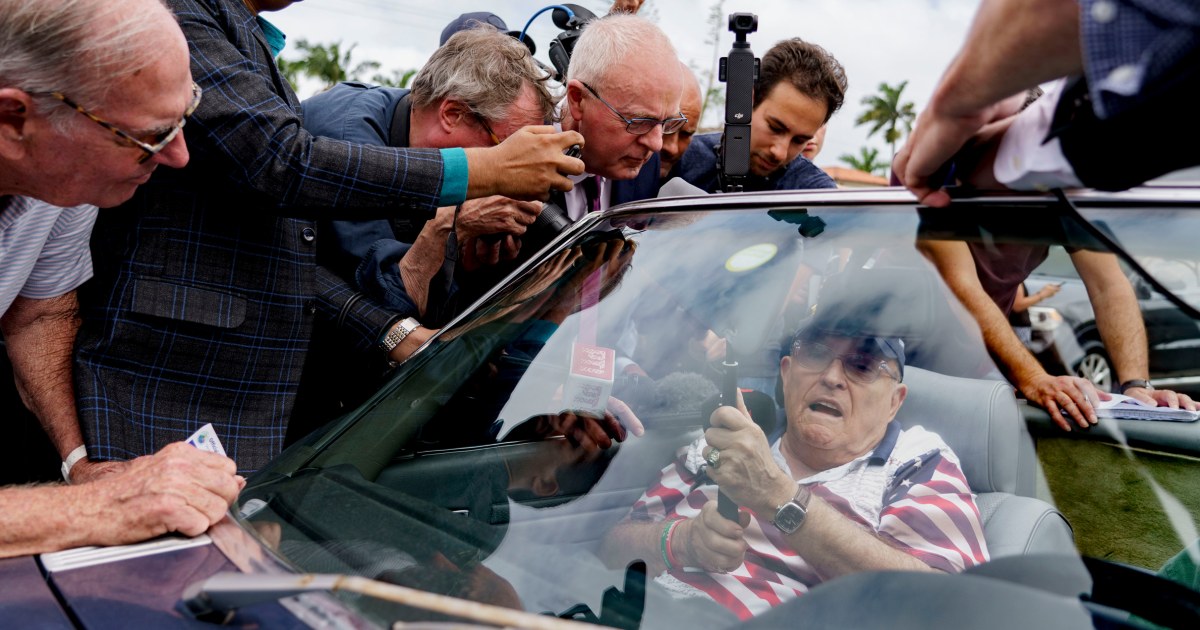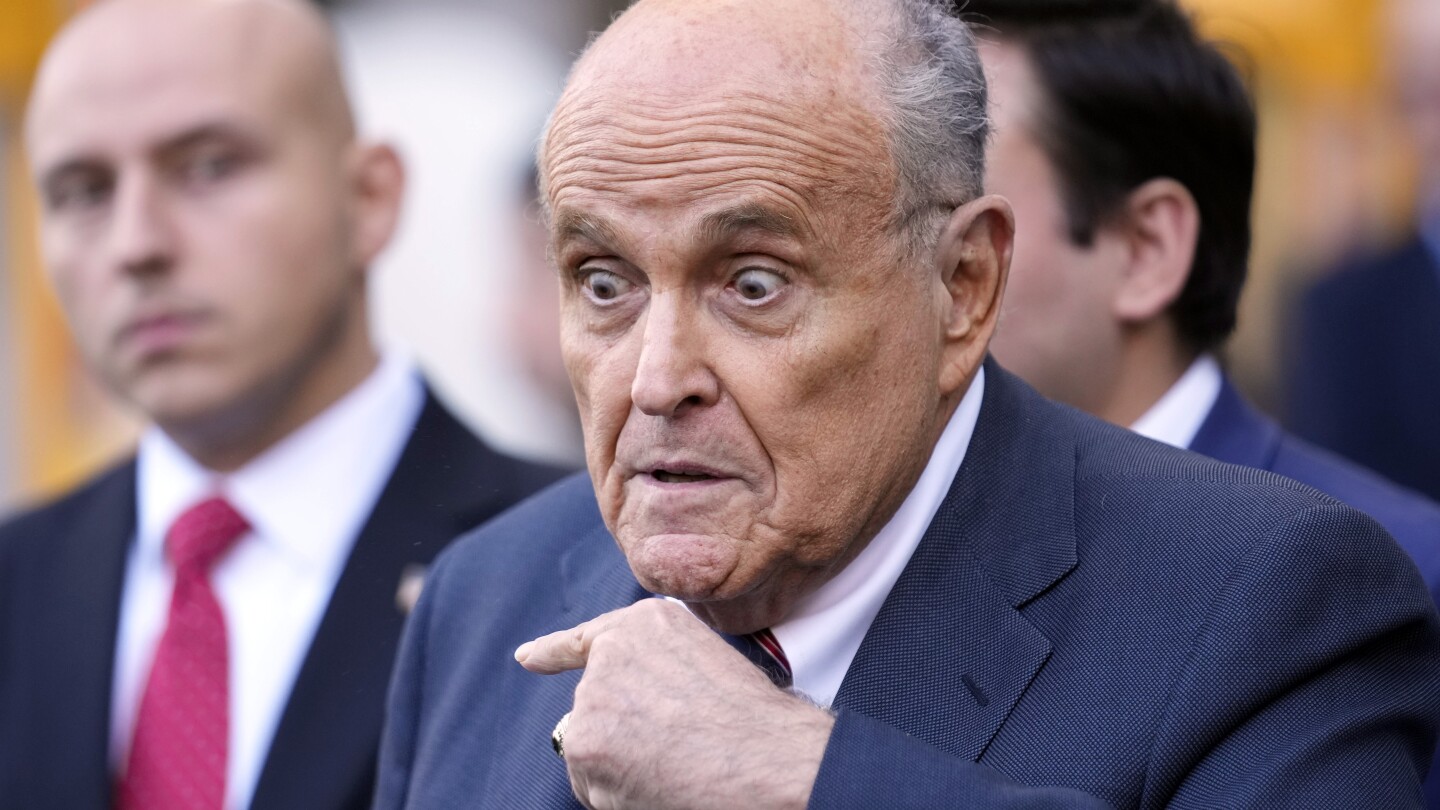Rudy Gobert is keenly aware of the discourse around him at any given moment.
Some might say that is not the best way to go through life as an NBA player, especially for one of the most polarizing players in the league. Few elicit more ridicule from his critics, while his supporters see him as the sophisticated fan’s ideal of a winning player.
There is a way for the Minnesota Timberwolves to benefit from Gobert’s self-awareness. He is a prideful player who enjoys talking about the game and proselytizing his approach to a highlight-reel-loving public that often dismisses his contributions. While some players ignore the discussion of their games, Gobert can be fueled by it.
He heard all of the haters and doubters during his first season in Minnesota, an underwhelming season that ended with a first-round playoff exit. He heard the Timberwolves being laughed at for making “the worst trade in NBA history” when they sent a boatload of players and picks to the Utah Jazz for him. Gobert took all of that to heart and returned last season with one of the best seasons of his career, winning his fourth NBA Defensive Player of the Year award and reaching his first conference finals.
The barbarians are at his gates again this season, and Gobert hears them knocking. He is 32 and having one of the worst statistical seasons of his career, particularly when it comes to rebounding, his pride and joy. Gobert is averaging his fewest rebounds since his second season in the league. His defensive rebound percentage is the worst of his career. He had only six rebounds in a win over Dallas on Wednesday and grabbed eight total rebounds in two close losses to Memphis this month, a shockingly low number for a player of his stature. Gobert’s rim protection has not been as menacing and his offensive production, always a point of contention for his skeptics, had fallen off a cliff.
Thankfully for the Timberwolves, Gobert knows it. He is not in denial about his performance this season. His head is not in the sand.
“I’ve got to be better,” he said at practice on Friday. “Don’t overthink it. Just go get it. Sometimes I overthink, which takes me out of the flow. In a way, I get distracted a little bit, with people telling me the way I should do it and I know how to rebound. So, got to trust my instincts and go get it.”
His struggles have been at the heart of the Timberwolves’ inability to find a groove this season. The No. 1 overall defense of last season has slipped to seventh this season. The offense hasn’t improved enough to account for it. Suddenly, the three-year, $110 million contract extension he signed on opening night is starting to look a little worrisome.
With all of that in mind, Gobert walked into Target Center for a nationally televised game on Saturday that could have shifted the assailing of his game into overdrive. He was facing a real nemesis in Nikola Jokić, a player who has toyed with him in the past and one who is steamrolling the entire league for the surging Denver Nuggets, who had won eight of their previous nine games.
In previous seasons, the Wolves would put Karl-Anthony Towns on Jokić and have Gobert lurking off of Aaron Gordon or a Denver non-shooter to help, a strategy that worked wonders in their thrilling win over the Nuggets in the second round of the playoffs in May. But Towns is in New York, and Wolves coach Chris Finch decided to put Gobert on Jokić on Saturday, the reigning DPOY versus the reigning MVP.
Those expecting Gobert to be embarrassed were sorely disappointed. The Wolves big man offered his most forceful performance of the season, scoring 14 points, grabbing 14 rebounds and getting four steals in Minnesota’s 133-104 victory.
Gobert takes the responsibility of being a tone-setter for the team. When he plays poorly early, the Wolves look toothless. But when he brings it like he did in the first quarter on Saturday, there is a snarling animosity to their play that makes them look like an entirely different team.
Defensive plays like that were solid and helped get the Wolves off to a fast start. But where Gobert made his mark was on the offensive end, serving as a hub of the offense against Denver’s drop coverage and vulnerable rim defense. He had four assists in the first quarter, matching Jokić, and finished with five in the game, his second-highest total of the season.
“I love it,” Gobert said.” I think for me it’s just about being poised, just being patient, because I can pass. But if I go too fast, I miss those opportunities. I’m finding the balance between being aggressive and don’t try to overpass. Once I’m poised, I can do anything.”
Gobert was 6 of 8 from the field, including a little floater and scoring through contact for an and-1. He played less than 30 minutes, but the Wolves won those minutes by 26 points. Jokić scored 13 of his 20 points in the first quarter, dished out 11 assists but also turned the ball over seven times and was a minus-24 in his 32 minutes, 24 seconds. It was only the ninth time all season that the Nuggets have lost Jokić’s minutes on the court. The previous low mark was a minus-15 in a loss to Cleveland in December.
“He knows how much we need him,” Finch said of Gobert. “We’ve talked a lot recently about that and getting back to that.”
Gobert’s success seemed to galvanize the rest of the team. Anthony Edwards shook off an illness that had him listed as questionable to score 34 points and dish out nine assists. Julius Randle had 21 points, seven rebounds, seven assists and two steals. Jaden McDaniels scored 13 points, grabbed eight rebounds, had four assists and played excellent defense on Michael Porter Jr. (11 points on 4-of-10 shooting).
The Wolves bench also came through in a big way, getting 10 points from Rob Dillingham in his first shift that helped blow the game open, and 13 points and four assists from Naz Reid.
Edwards hit three 3s, giving him 976 for his career. That moved him past Towns for first in franchise history.
Edwards got off to a slow start in the game, but he kept finding Gobert for buckets, a duo that the Wolves have been unable to fully harness in their first two-plus seasons together. If the pairing can find any kind of rhythm, and if Gobert can reward Edwards’ faith and not fumble the ball away under the basket, that can go a long way toward boosting the Wolves offense. Minnesota has jumped to 14th in the league in offensive efficiency, but they are fourth with a rating of 121.1 points per 100 possessions over the last two weeks.
“Rudy understands when we give it to you, you have to do the right thing with it every time,” point guard Mike Conley said. “It’s a hard thing, especially for Ant sometimes, to want to throw that pass if we’re not getting something out of it. For Rudy it’s about making the right reads early and not trying to do too much. When we can make the right reads, we’re really tough.”
The locker room was buzzing after the game when talk turned to Edwards finding Gobert under the basket with a slick jump pass late in the first quarter.
The Wolves shot 55.8 percent for the game, 46.7 percent from 3 and scored 72 points in the paint, 16 in transition and scored 37 points off of 20 turnovers from Denver.
As Gobert had more and more success on offense, he started to hear the confidence his teammates derived from it. He even hit a push shot in the second half, reminiscent of his end-of-the-clock jumper in Game 7 in Denver.
“Today I got to realize how important it is for my teammates’ confidence,” Gobert said. “The comments that they made, I realized that when I’m decisive and confident, they have more confidence in finding me in situations. For me, it’s about being decisive, being aggressive. These shots came naturally because I work on it.”
Gobert was so effective and agile on offense in this game that he cannot be expected to do the same going forward. If he can replicate it, the Wolves would love it. But they can’t bank on such efficient, mistake-free play from him on that end.
What should be sustainable is the rebounding. Gobert is one of the best board men of his generation, but he said he too often is lured into a hand-fighting battle as he attempts to get in position. The play of the game came with 4:37 to play in the third quarter. Gobert grabbed two offensive rebounds, and he shoveled the ball to Edwards for a 3 that gave the Wolves a 17-point lead.
“We know what Rudy is deep down and what kind of player he is for our team and how vital he is for our success,” Conley said. “We’re going to do everything in our power to make the game easier for him to get the most out of him on both ends of the floor.”
(Photo of Russell Westbrook, Rudy Gobert and Christian Braun: Matt Krohn / Getty Images)
Gobert’s impact on both ends of the court was evident as he controlled the paint with his shot-blocking ability and altered shots at the rim. His presence in the paint also forced opponents to alter their offensive game plan, leading to missed shots and turnovers.
Offensively, Gobert was a force to be reckoned with, finishing strong at the rim and cleaning up the glass with his rebounding prowess. His ability to create second-chance opportunities for his team was crucial in securing the win.
Overall, Gobert’s performance was a reminder of the potential and talent that the Timberwolves possess when he is playing at his best. If he can continue to play at this level consistently, the Timberwolves have a bright future ahead.







![Rudy Gobert's girlfriend Julia Bonilla received death threats via Instagram. [Credits: IG/@juliabnl]](https://i0.wp.com/staticg.sportskeeda.com/editor/2025/01/ab84a-17360177460813-1920.jpg?ssl=1)
![Rudy Gobert's girlfriend Julia Bonilla received death threats via Instagram. [Credits: IG/@juliabnl]](https://i0.wp.com/staticg.sportskeeda.com/editor/2025/01/ab84a-17360177460813-1920.jpg?resize=1440%2C2560&ssl=1)
![[Credit: IG/@juliabnl]](https://i0.wp.com/staticg.sportskeeda.com/editor/2025/01/33e97-17360187741737-1920.jpg?ssl=1)
![[Credit: IG/@juliabnl]](https://i0.wp.com/staticg.sportskeeda.com/editor/2025/01/33e97-17360187741737-1920.jpg?resize=1440%2C2560&ssl=1)



